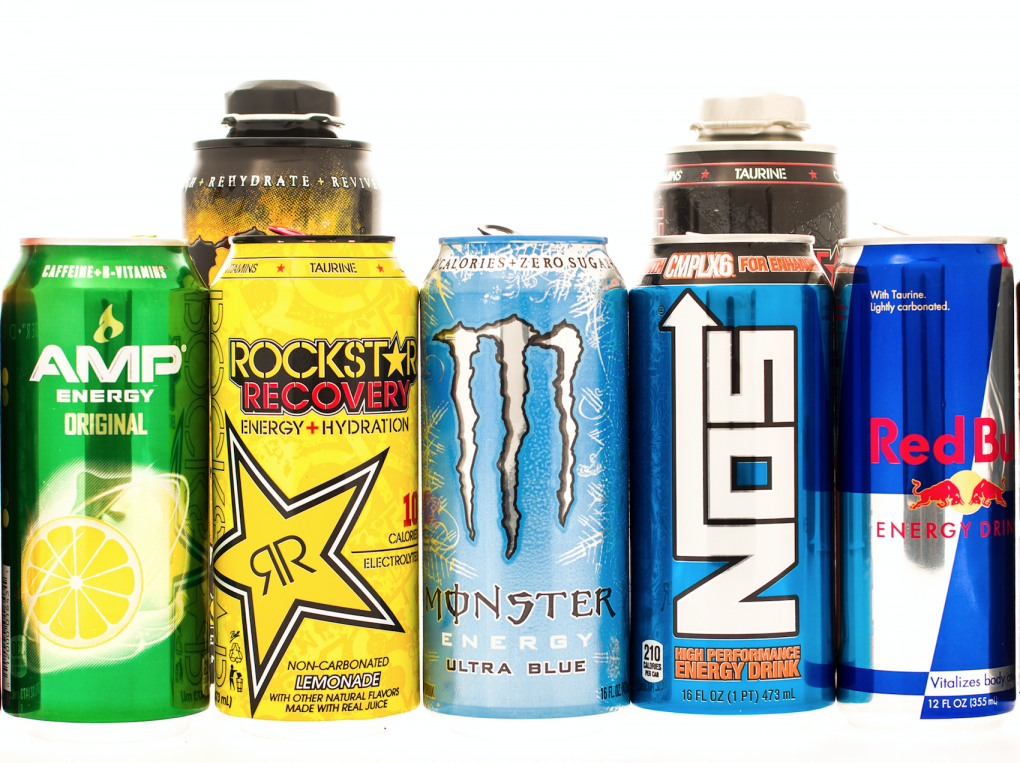
The Problem with Energy Drinks
Q: “I don’t like coffee or tea, but I drink a couple of Red Bulls every day to keep my energy up. They work great and they taste good, but my friends are always telling me they’re not healthy. Do they have a point?”
– John T., via e-mail
A: They definitely have a point. Energy drinks pose a serious health threat to regular users, and that’s not according to us, but a recent review of available scientific research published in the journal Frontiers in Public Health. People who consume energy drinks like Red Bull, Monster, and others that are laden with excess amounts of caffeine and sugar increase their risk of obesity as well as heart, kidney, dental, and even mental health problems.
The researchers say that any short-term benefit derived from the drinks is far outweighed by potential negative consequences. The researchers say they hope to sound the alarm to policy makers as energy drink consumption, especially amongst young people, is on the rise; the industry amasses $10 billion annually in the US alone. At the heart of the problem: some energy drinks pack as much as 100 mg of caffeine per fluid ounce, compared to 12 mg per fluid ounce of regular black coffee.
“We summarize the consequences of energy drink consumption, which include heart, kidney, and dental problems, as well as risk-seeking behavior and poor mental health,” said one of the study authors, Dr. Josiemer Mattei, Assistant Professor of Nutrition based at the Harvard T.H. Chan School of Public Health in Boston. “The evidence suggests they are harmful to health and should be limited through more stringent regulation by restricting their sales to children and adolescents, as well as setting an evidence-based upper limit on the amount of caffeine.”
Moderate daily consumption of coffee, meanwhile, has been linked to heart health in a number of studies. For more, learn how caffeine really works in your brain and why you really can have too much of a good thing at Examine.com: HOW CAFFEINE REALLY WORKS IN YOUR BRAIN.

